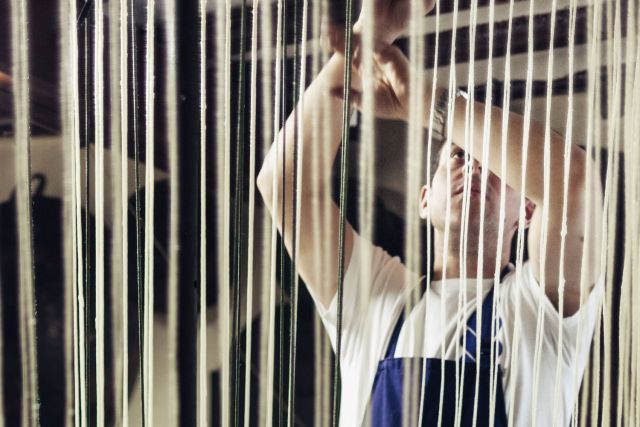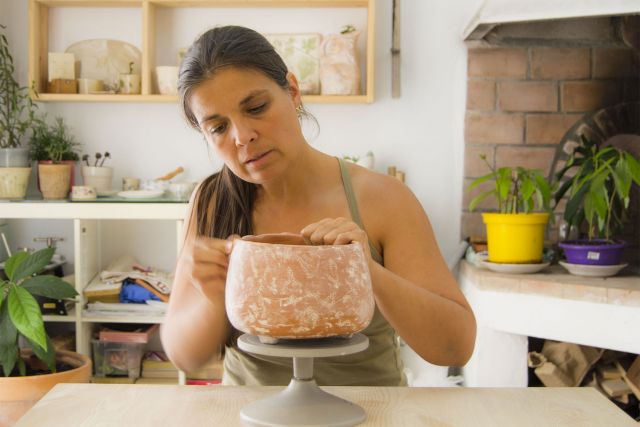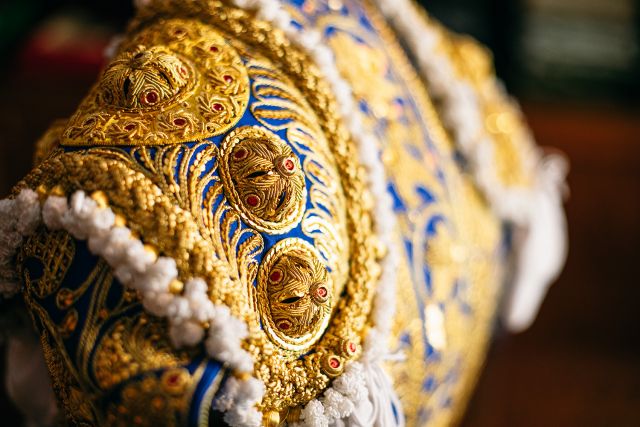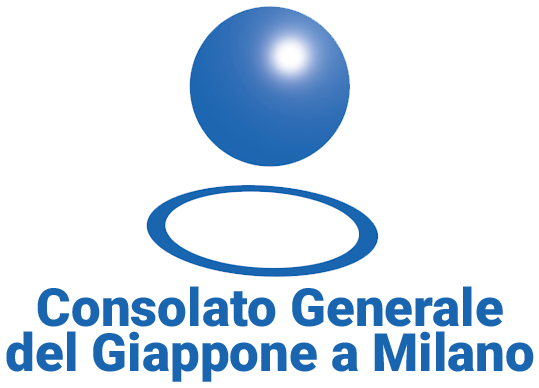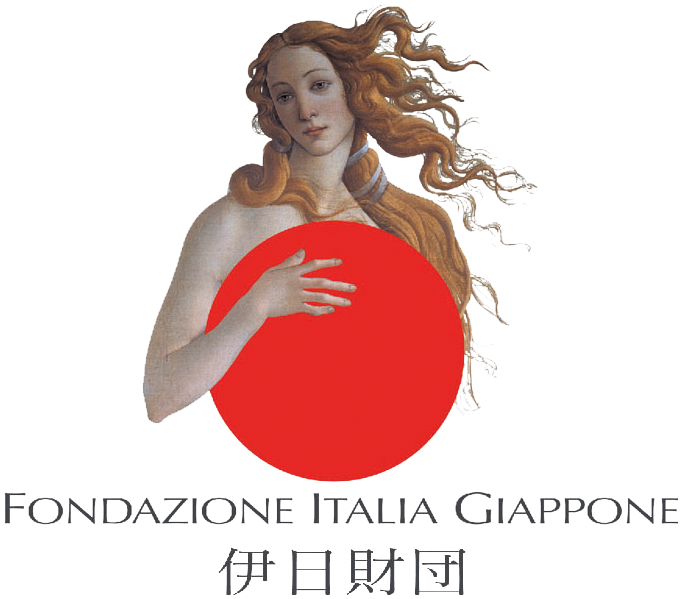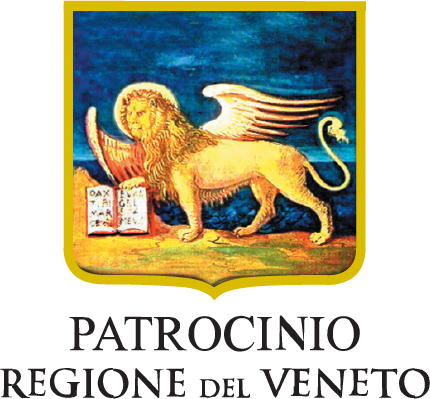This sideboard, handcrafted from American walnut, was made using traditional hand tools. Frank Buschmann only used machines for the initial rough cuts and finishes the surface with hand planes. Frank drew his inspiration for the sideboard from a 19th-century piece of children’s ironing furniture. The sideboard is assembled with hidden dovetails and sliding dovetails. The drawers on the front panels are cut from one piece of wood to provide continuity in the grain pattern.
Length 220 cm
Width 50 cm
Height 40 cm
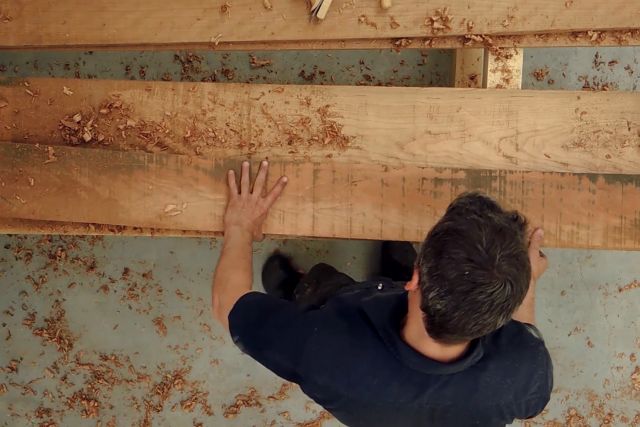
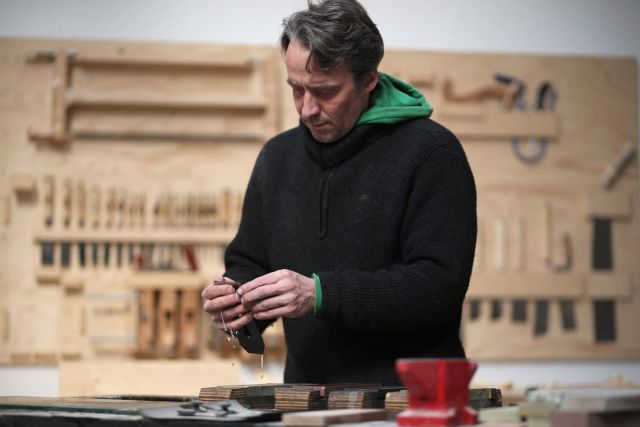
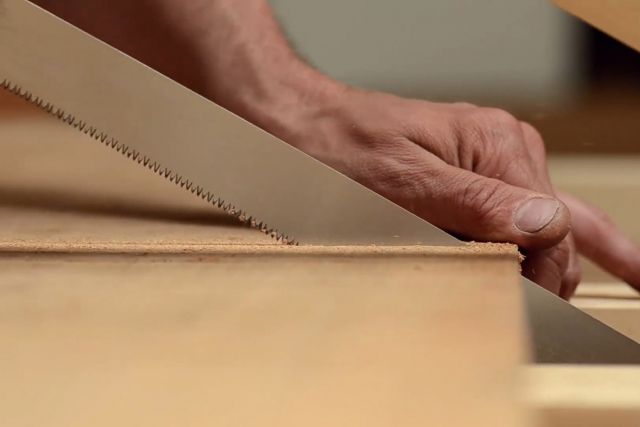
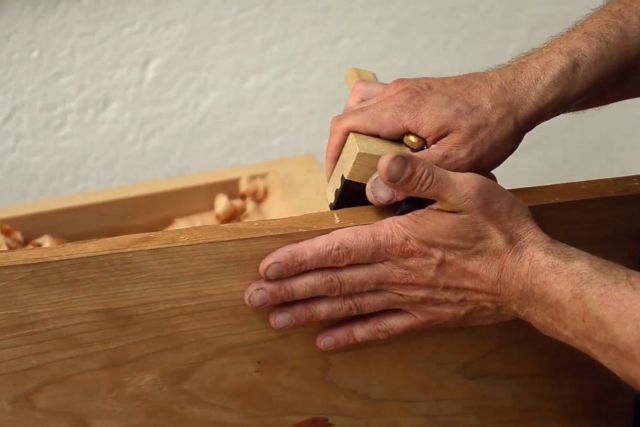
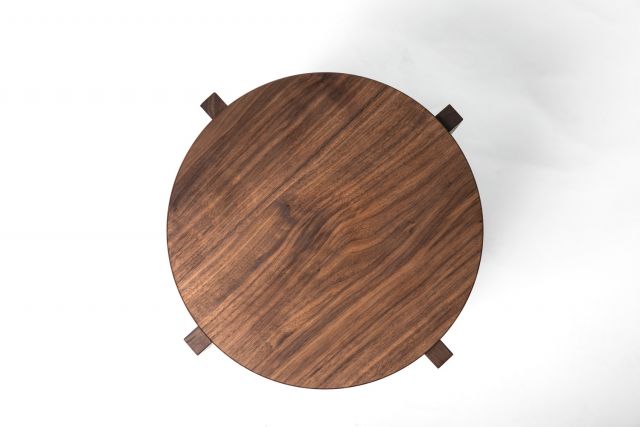
Frank Buschmann
- Woodworks Buschmann Bella
- Cabinetmaker
- Carnota, Spain
- Master Artisan
By appointment only
+34 606461086
An experimental philosophy
- • Frank wants to rediscover the forgotten values of craftsmanship
- • His furniture is purist in its approach and very demanding in its making
- • His professional life has been marked by an experimental spirit
German by origin, Frank Buschmann spent his childhood between South Africa and Nigeria, and his teenage and formative years between Germany and the Netherlands. Today, in Galicia, Spain, he uses the most traditional woodworking techniques to build his contemporary furniture that invites us to rediscover craft's forgotten values. Born into a family of craftsmen, he started working with wood at an early age and then trained at the School of Crafts in Germany and the Design Academy of Eindhoven in the Netherlands. He opened his workshop in 2012. His first object was a reproduction of a table made by The Shakers in the 18th century. With this piece, Frank made his intentions clear that his focus was on the making rather than on form. Since then, he has manifested his experimental spirit, working on projects that push boundaries and established conventions.
Read the full interviewWorks
Photo: ©Senén Insua

Photo: ©Senén Insua
Handcrafted from American black walnut with an oil finish, Center piece is conceived as a coffee table. Its form is inspired by the interior naturally hollowed out form of a tree.
Length 120 cm
Width 120 cm
Height 45 cm

Photo: ©woodworksbb
This sewing box is handcrafted from American black walnut and finished with an oil wax coating.
Length 41 cm
Width 34 cm
Height 20 cm

Photo: ©All rights reserved
Chair #3, a handcrafted American walnut chair, is the result of extensive research into a series of chairs, classics in the world of design such as Conoid, Kufenstuhl, Zigzag y Sitzgeist Rasch, Untitled Rash and a 15th-century gothic church chair.
Length 40 cm
Width 45 cm
Height 83 cm

Photo: ©All rights reserved
This stool is handcrafted from American black walnut and an oil wax finish. The seat has a slightly bevelled edge and the leg panels are slightly thinner at their base.
Length 40 cm
Width 40 cm
Height 45 cm





